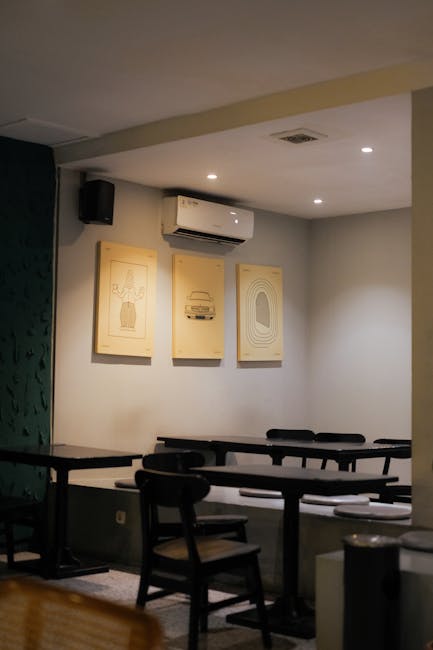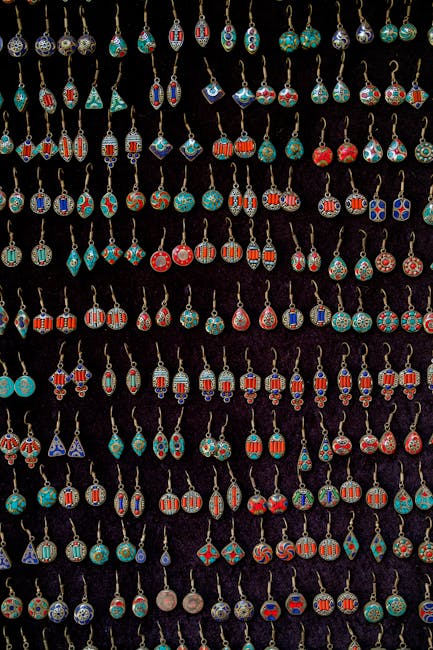The Unconventional Path to Digital Mastery: Why Traditional Learning Fails Creatives

In a world saturated with structured courses and linear learning paths, creative minds often find themselves struggling to conform to traditional educational models. The very nature of digital creativity demands flexibility, experimentation, and unconventional thinking—qualities that standardized curricula frequently suppress.
The digital landscape evolves at breakneck speed, rendering yesterday's best practices obsolete today. While formal education provides foundational knowledge, it often fails to address the dynamic, iterative process that defines successful digital creation. True mastery emerges not from following prescribed steps, but from embracing failure, adapting quickly, and developing a personal creative methodology.
The Myth of Linear Progress
Traditional learning models promote the illusion of linear progression—complete module A before moving to module B. However, digital creativity thrives on non-linear exploration. The most innovative designers and marketers often learn backwards, sideways, and in circles, connecting disparate concepts in ways that structured courses cannot anticipate.

Embracing Productive Failure
The fear of failure paralyzes more creatives than lack of talent ever could. Traditional education often penalizes mistakes, but digital mastery requires celebrating them. Each failed campaign, rejected design, or poorly performing post contains invaluable lessons that success cannot teach. The fastest route to expertise is through deliberate experimentation and analysis of outcomes—both successful and unsuccessful.
"The most valuable learning happens in the space between what was planned and what actually occurred—that's where true innovation lives."
Building Your Personal Learning Ecosystem
Instead of relying solely on formal education, successful digital creatives curate personalized learning ecosystems. This might include:
- Daily experimentation with new tools and techniques
- Curated social media feeds of industry innovators
- Peer feedback communities
- Cross-disciplinary inspiration from unrelated fields
- Regular reflection and adaptation of methods
This approach recognizes that learning is continuous, contextual, and deeply personal. What works for one creative may hinder another, making self-awareness the most crucial skill in digital mastery.
About the Author

Dr. Birdie Frami
Digital Learning Strategist with 12+ years experience in creative education

